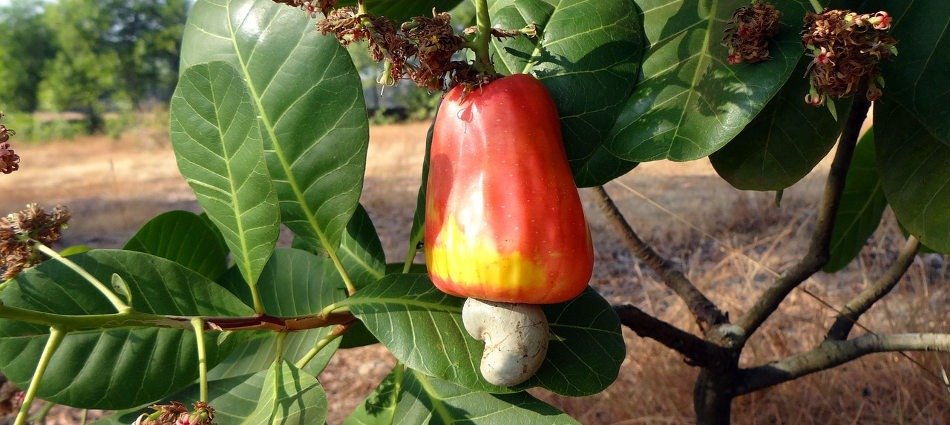Cambodia’s Cashew Nut Potential: A Golden Opportunity in Agriculture

Cambodia is emerging as a rising star in the global cashew nut industry. With its favorable climate, expanding cultivation areas, and growing interest from international buyers, the Kingdom is positioning itself as a key player in the global supply chain of cashew nuts. This transformation presents a valuable opportunity for farmers, investors, and agricultural entrepreneurs alike.
1. The Rise of Cashew Cultivation in Cambodia
In recent years, cashew nut farming has gained momentum across several provinces, particularly in Kampong Thom, Kampong Cham, Ratanakiri, Kratie, and Mondulkiri. Cambodia now has over 500,000 hectares of cashew plantations, with annual production reaching hundreds of thousands of tons. Many farmers are shifting toward cashew due to its resilience to climate change, relatively low water requirement, and high market value compared to other traditional crops.
2. Favorable Climate and Soil Conditions
Cashew trees thrive in Cambodia’s tropical climate, which provides the ideal temperature, sunlight, and rainfall for high-quality yields. The sandy and slightly acidic soils found in the northeastern regions of the country are well-suited for cashew cultivation. This natural advantage reduces the need for heavy chemical use, supporting more sustainable and organic farming practices.
3. Growing Demand and Export Potential
Global demand for cashew nuts continues to rise, especially in China, the United States, Europe, and India. Cambodian cashews are well-regarded for their large kernel size and natural sweetness. While most cashews are currently exported in raw form to Vietnam for processing, there is a growing push toward local processing and value addition to capture more of the economic benefit within the country.
In 2023 alone, Cambodia exported over 600,000 tons of raw cashew nuts, making it one of the top cashew producers in Southeast Asia. With continued support and investment, the country has the potential to become a leading exporter of processed cashew nuts.
4. Government Support and Industry Development
The Royal Government of Cambodia has identified cashew as a strategic crop in its national agricultural development plan. The Cashew Policy 2022–2027 focuses on:
- Encouraging sustainable farming practices
- Promoting cashew processing facilities
- Facilitating export linkages and certifications
- Enhancing technical support for farmers
This supportive policy framework is helping to build a more resilient and profitable cashew industry.
5. Challenges and the Way Forward
Despite its potential, the cashew sector faces several challenges:
- Limited domestic processing capacity
- Price volatility in global markets
- Access to quality planting materials and training
Addressing these gaps requires investment in infrastructure, farmer education, and technology-driven farming solutions. Partnerships between the public and private sectors, as well as support from development organizations, will be key to unlocking Cambodia’s full potential.
6. Foodbodia’s Role in Promoting Cambodian Cashews
At Foodbodia, we believe in the power of local agricultural products. We proudly support Cambodian farmers and producers by promoting premium-quality cashew nuts through our platform. By connecting consumers with authentic Cambodian products, we aim to build a more sustainable and inclusive agricultural future.
Conclusion
Cambodia’s cashew nut industry is ripe with potential. With the right investment, innovation, and collaboration, the Kingdom can become a powerhouse in the global cashew market—benefiting rural communities and boosting the national economy. Now is the time to recognize and support this golden crop.